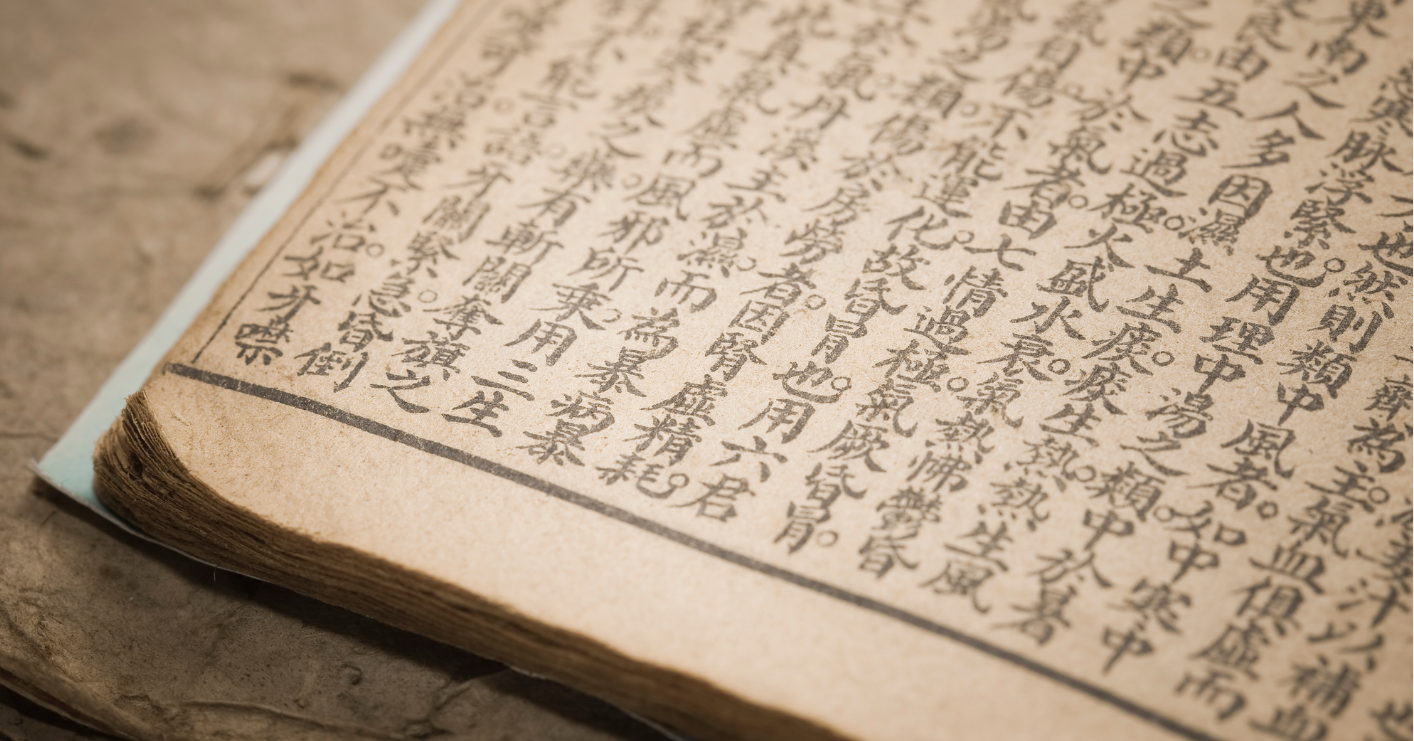The National Endowment for the Humanities and Arizona State University together: Democracy demands wisdom.
The National Endowment for the Humanities and Arizona State University are delighted to present a two-week residential Institute entitled Translation and Traveling Texts: East Asian National Literatures in an Era Without Borders.
Running from Monday, June 17th to Friday, June 28th, 2024, and held in-person at ASU’s Tempe Campus, this Institute will invite twenty-five faculty members and/or doctoral students from institutions of higher education to join us in Tempe. In accordance with NEH guidelines, twenty percent of the available spaces (5 participants) will be reserved for non-tenured/non-tenure track faculty, and an additional ten percent of available spaces (3 participants) will be reserved for advanced graduate students who have, at minimum, reached candidacy in their Ph.D. program.
The NEH provides stipends intended to compensate participants and defray the cost of attendance and room and board during the duration of the Institute. For more information on stipends, eligibility criteria, and expectations for successful applicants, please see “Apply” on the menu.
Moving across a range of texts from China, Japan, and Korea, the institute focuses on literary and cultural contact between China, Japan, and Korea from the 17th century to the present, and has as its main focus new ways of researching and teaching transnational flows of texts and information at the university level. The Institute centers particularly on the impact and role of Chinese literature on the formation of broader East Asian ideas about literature, writing, and language. Although proficiency in at least one East Asian language may be useful, this is not required, and we particularly encourage applicants from other backgrounds such as English or Comparative Literatures.
Any views, findings, conclusions, or recommendations expressed in this program do not necessarily represent those of the National Endowment for the Humanities.
The organizers would like to express their sincere gratitude for logistical and resource support to the following institutes and departments at ASU. Support for ASU's application to the NEH was enabled by a Research Strategy Grant from the Humanities Institute at ASU, and the organizers gratefully acknowledge the Humanities Institute's support:


